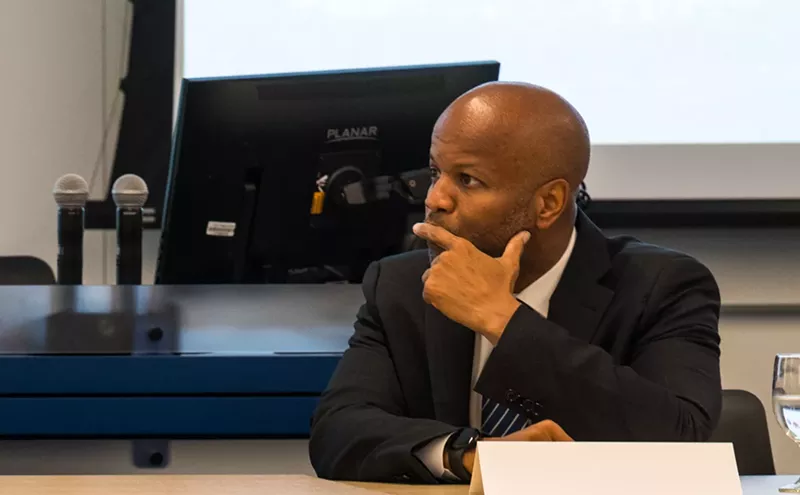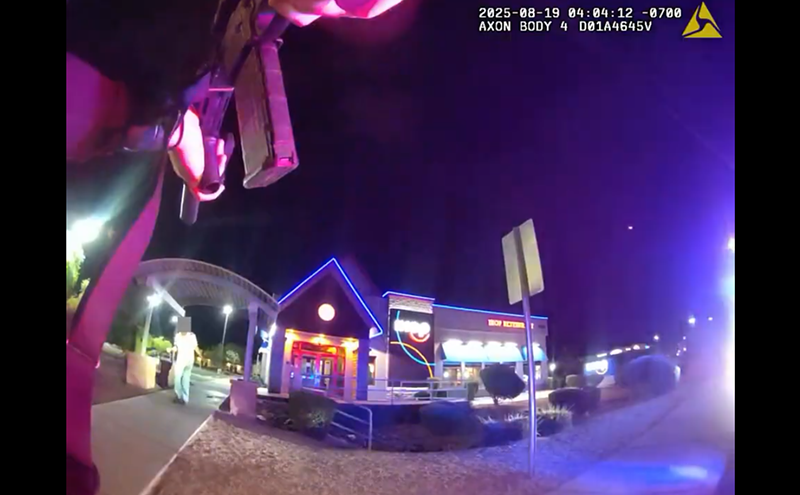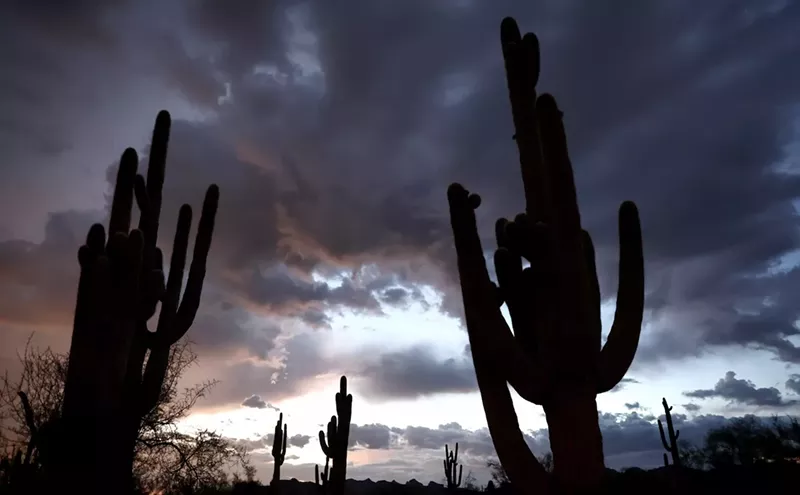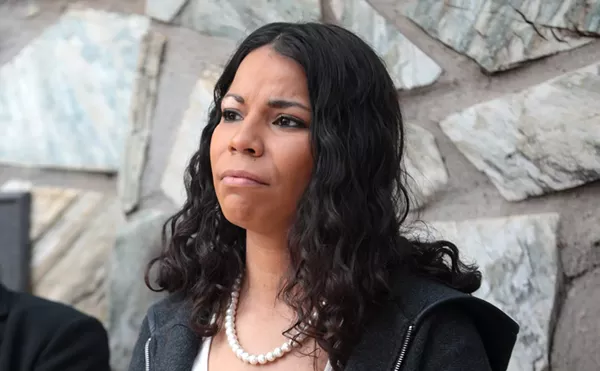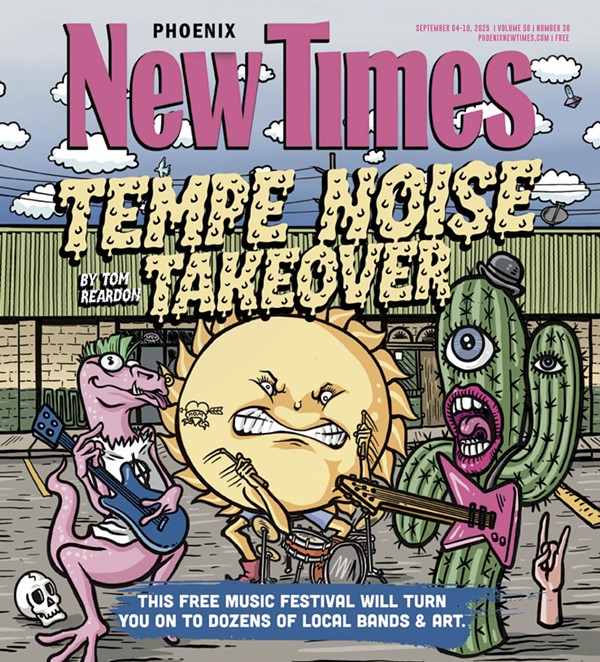The majority of students attending the private school signed a petition in support of paying a $30 student fee to go into the newly created Freedom Education Fund, which will award full-ride scholarships to undocumented students who want to attend Prescott College. On-campus students will begin paying the fee this fall.
“The student reaction to the petition was overwhelmingly supportive,” said Miriel Manning, a graduate student who led the effort to collect the signatures and create the Freedom Education Fund. “Students were excited about it. They were inspired and motivated to actually get more involved.”
The effort to collect the petition signatures was student led. Students also collaborated with the college's Social Justice and Human Rights Master of Arts program, faculty members, and community leaders to create the scholarship fund.
Manning said she got the idea for the scholarship while working on a senior student project two years ago, during which she met undocumented students who were organizing around issues like migrant justice and education equity.
“They’ve really been the heart and soul of inspiration for this,” she said, referring to undocumented students.
An estimated $15,000 will be raised every year through the new student fee. The first full-ride scholarship will be given out this upcoming academic year. College officials say they hope to raise additional funds to support more scholarships.
Prescott College is the first institution of higher education in Arizona to implement a scholarship fund for undocumented students that’s supported with money from student fees.
Loyola University in Chicago became the first in the nation in February. Students there voted to pay a $2.50 student fee per semester to create a scholarship fund for undocumented students approved for the Deferred Action for Childhood Arrivals, or DACA, federal program, which allows qualified undocumented youth to stay and work in the United States.
Prescott College President John Flicker said he’s “proud that our students [took] on the role of scholar activists” and made this possible.
“Their passion around this issue really motivated our part to make up the difference between what the fee will provide for and the full cost to attend one of our programs,” he said. “We’re committed to broaden access to higher education for a diverse group of students and mobilize our resources toward social justice.”
This isn’t the first time Prescott College has been a leader in supporting undocumented students. The college already allows undocumented students and DACA recipients to apply for merit-based and need-based financial aid.“We’re committed to broaden access to higher education for a diverse group of students and mobilize our resources toward social justice.” — Prescott College President John Flicker
tweet this
In 2006, Arizona voters approved a measure, known as Proposition 300, to prohibit students from paying in-state tuition and receiving federal and state financial aid if they could not prove they were present in the United States legally. The law only applies to the state’s public colleges and universities, not private institutions like Prescott College.
However, a number of public institutions of higher learning in the state now allow undocumented students to pay in-state tuition, but only if they’ve been approved for DACA. This came after a Maricopa County Superior Court judge ruled that DACA recipients are lawfully present in the U.S. and, therefore, eligible for in-state tuition.


